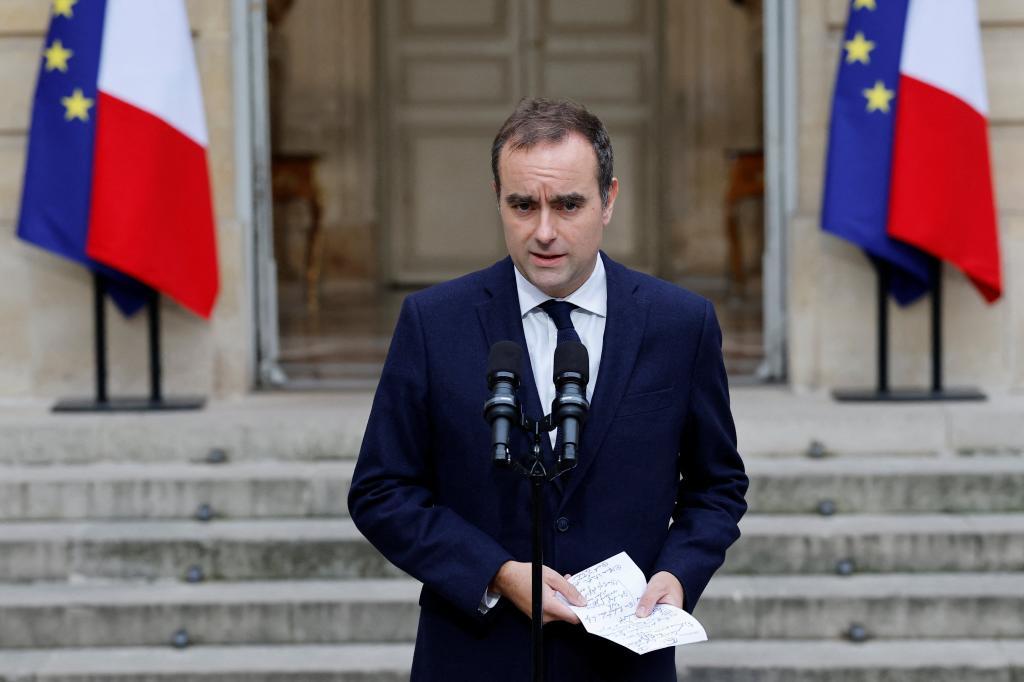Outgoing Prime Minister Sébastien Lecornu stated early Wednesday that there is a "shared willingness" to approve a budget in France before December 31, which could "deter the prospects" of a dissolution of the National Assembly and the calling of early elections.
Lecornu confirmed that he will go to the Elysée Palace in the evening to present to Emmanuel Macron "the solutions that are on the table" and that it will be the president who ultimately makes a decision. "There is a willingness to create movement and convergence, but it is not enough," he acknowledged.
Lecornu resigned on Monday, hours after announcing a new center-right government, following the withdrawal of The Republicans claiming the concealment of the presence in the cabinet of Macronists like Bruno Le Marie as Minister of Defense. Despite not intending to reassume the position, he accepted a final 48-hour mission to negotiate with political parties and create a "platform for action and stability."
Macron, who has maintained total silence during the crisis that led to the downfall of his third prime minister in just over a year, summoned on Tuesday to the Elysée the President of the National Assembly Yaël Barun-Pivet and the President of the Senate Gérard Larcher, which served to fuel rumors of an imminent dissolution of Parliament.
However, everything seems to indicate that Macron is willing to leave the door open until the last moment for an 'eleventh-hour' solution to avoid a new call to the polls, after 15 months since the early legislative elections of June/July 2024 that resulted in a highly fragmented National Assembly, without an absolute majority and divided into three almost irreconcilable blocs (right, center, and left).
In his brief intervention at the Matignon mansion, Lecornu hinted that his contacts with the center-right forces have helped create a consensus on the new budget: "Everyone agrees that the goal is to keep the public deficit between 4.7% and 5%. This is key not only to maintain France's credibility abroad but simply to maintain our ability to borrow."
Lecornu stated that he will dedicate the last hours to find out "what conditions the other parties are asking for and are willing to do to ensure stability." The leaders of the National Rally, Marine Le Pen and Jordan Bardella, however, refused to meet at Matignon and directly demanded early elections. The Socialist Party continues to position itself as an alternative in a center-left government, while the leader of La France Insoumise, Jean-Luc Mélenchon, has given new impetus to the motion to demand Macron's removal.
The proposal to abandon the pension reform, a last-minute solution suggested by former Prime Minister Elisabeth Borne as an 'eleventh-hour' measure to get out of the political crisis, has also sparked intense controversy and has prompted a swift backlash against the leader of The Republicans and outgoing Interior Minister, Bruno Retailleau, the man who shook things up on Monday and whose role is once again crucial.
